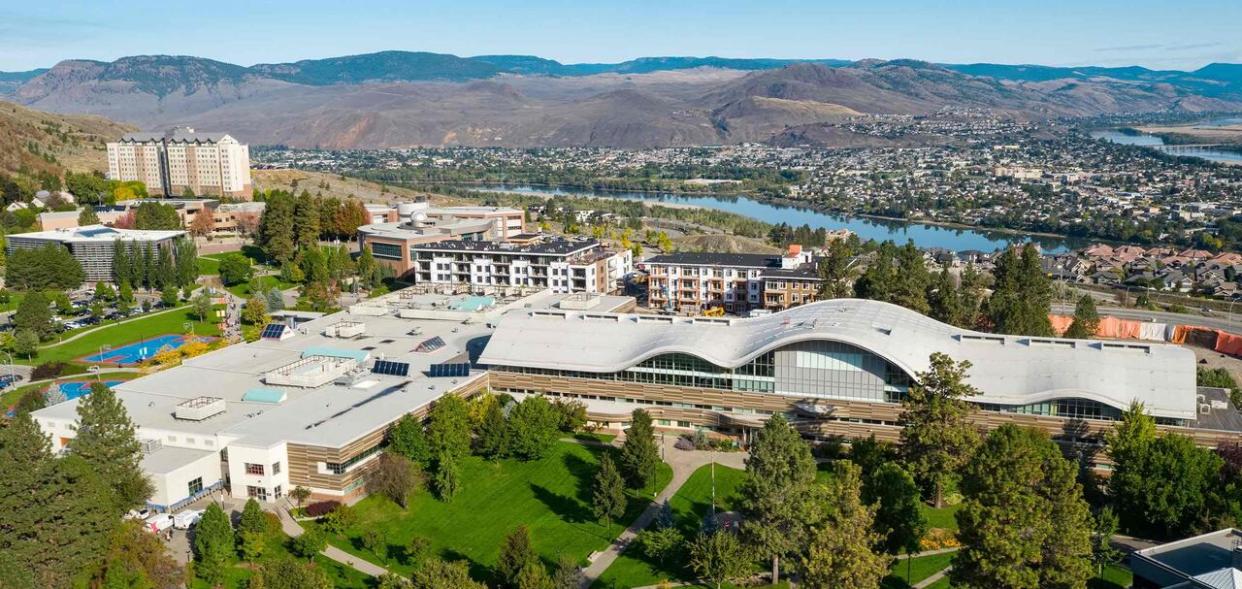Thompson Rivers University cuts 4 visual arts programs

Thompson Rivers University's board of governors has moved to discontinue four visual arts programs after concerns over low enrolment and high per-student costs.
The decision was made in a special board of governors meeting on Monday. The board voted 6–2 on a resolution that would end the bachelor of fine arts (visual arts, major), bachelor of arts (visual arts, minor), the diploma in visual arts, and the visual arts studio certificate.
Students currently enrolled in the programs at the Kamloops-based university will have the opportunity to complete their credentials.
The programs will be phased out over the next three years.
The closures will allow the Faculty of Arts to redirect resources to other programs, the university says.
The university told faculty last spring it was moving ahead with a decision to phase out the four-year bachelor of fine arts degree along with other related programs. Members of the local arts community protested the decision. A petition with around 3,500 signatures went before the senate to raise concerns about the loss of the courses and programming.
Gillian Balfour, TRU's provost, says the decision was made in part due to a need for space. The program graduates approximately nine students a year and uses more space than any department at TRU, the equivalent of 18 classrooms.
"[Innovation] in our instructional spaces is really hampered by a very old footprint," she said.
Balfour said while the university recognizes the value provided by the programs, there is an obligation to show a return on investment to the provincial government.
In a press release, TRU board chair Marilyn McLean says graduation rates from the program have always been low, but there continues to be strong interest in lower-level classes.
Elective first- and second-year classes in the department will remain and the university said there will be no job losses as faculty members move to teach other related courses.

